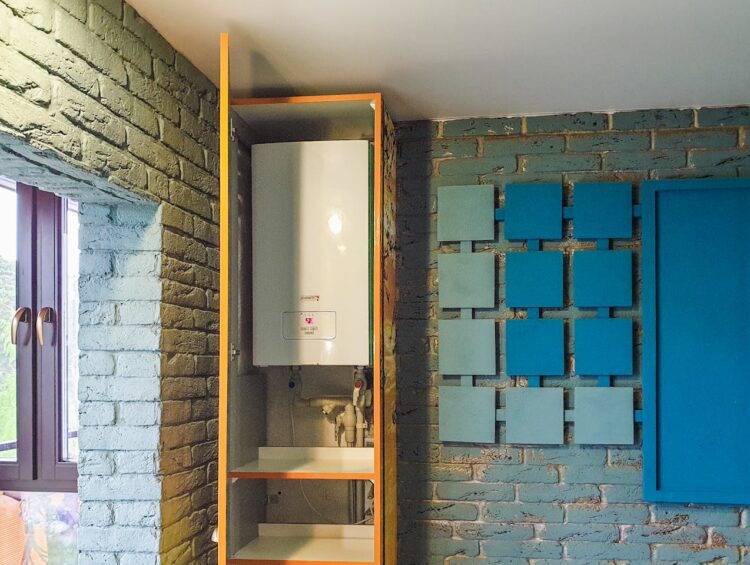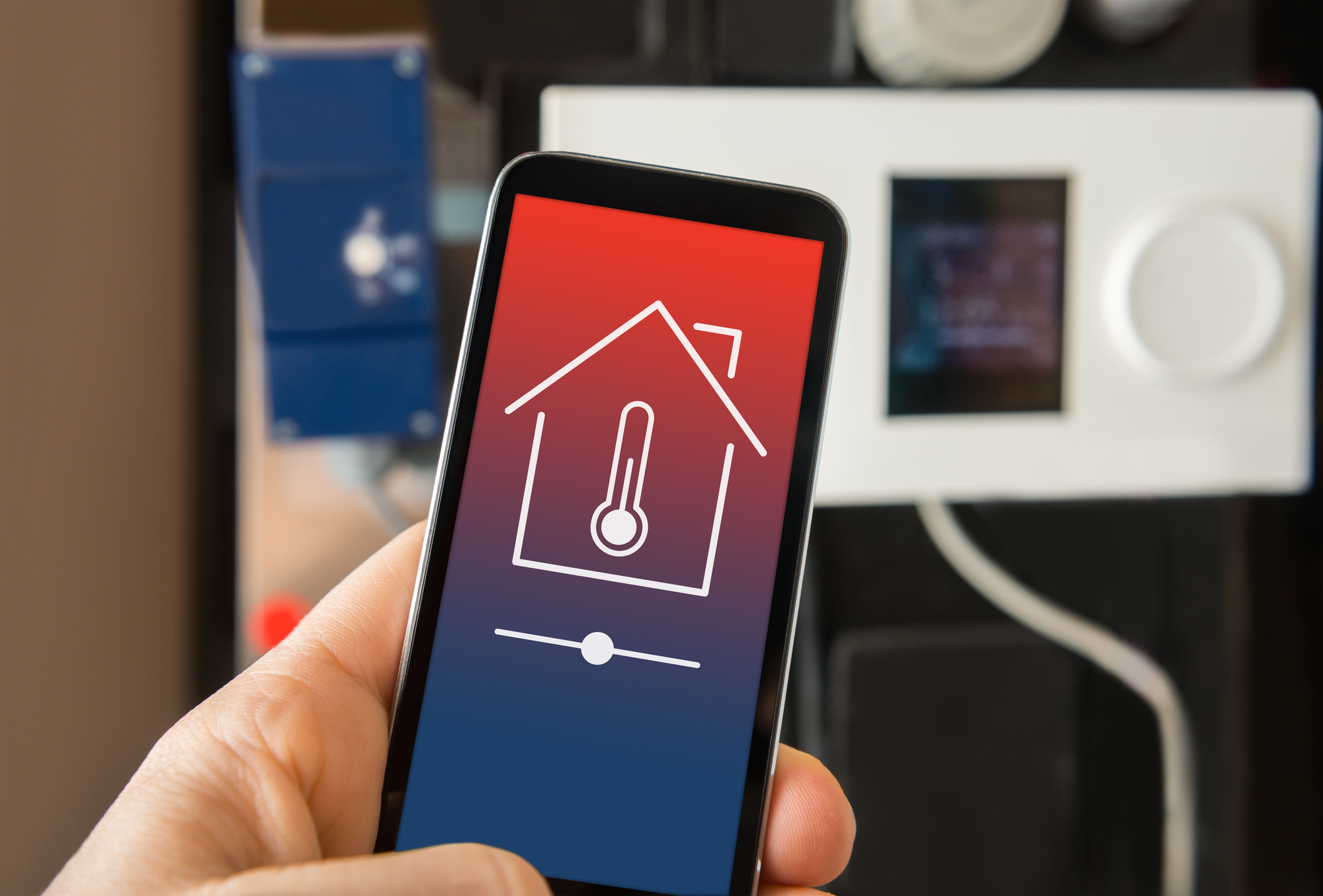Contents
Table of Contents
- Benefits of Eco-Friendly Water Heating
- Types of Eco-Friendly Water Heaters
- Installation Considerations
- Maintenance Tips
- Cost and Energy Savings
- Real-Life Case Studies
- The Future of Eco-Friendly Water Heating
Benefits of Eco-Friendly Water Heating
Switching to eco-friendly water heating solutions can offer numerous benefits beyond having hot water on demand. These systems decrease your carbon footprint and significantly reduce your utility bills in the long run. They are designed to be more efficient, translating to significant energy savings over their lifespan. For instance, using energy-efficient water heaters can drastically reduce household energy consumption, making them an excellent choice for environmentally conscious homeowners.
Additionally, because these systems are designed with sustainability, they often have advanced features that optimize energy use. For instance, some models include programmable settings that adjust energy consumption based on your actual usage patterns. This sophisticated level of control can add another layer of financial and environmental savings. Installation of eco-friendly water heaters often qualifies for local, state, and federal incentives, effectively reducing the overall investment cost.
Types of Eco-Friendly Water Heaters
Several options are available for those looking to switch to eco-friendly water heaters. The primary types include solar water heaters, heat pump water heaters, and tankless water heaters. Each has its advantages and disadvantages, appropriate for different situations and requirements.
Solar Water Heaters
Solar water heaters utilize the sun’s energy to warm up water. They are highly effective in sunny climates and can significantly reduce electricity costs. A primary advantage is their ability to provide hot water during power outages. However, they require space for solar panels and may have higher upfront costs. This system can be a game-changer for families with access to plentiful sunlight, drastically reducing energy bills while promoting renewable energy use.
Heat Pump Water Heaters
Although they require additional space for installation, the potential energy savings over time are substantial. These are best suited for moderate climates where temperatures remain relatively stable throughout the year. However, they need adequate ventilation and a consistent temperature to operate optimally. Despite additional space requirements for installation, considerable energy savings can be accomplished in the long term.
Tankless Water Heaters
Tankless water heaters, alternatively called on-demand water heaters, warm water as necessary, minimizing energy usage. They are compact and ideal for small spaces but may need help to provide hot water for multiple uses simultaneously. These systems are perfect for small households or those who use minimal hot water.
Installation Considerations
Placement is crucial; positioning a solar water heater on a south-facing roof can significantly impact its performance. Proper insulation and regular maintenance are also essential for optimal operation.
Professional Installation
It is often best to hire a professional to install eco-friendly water heaters. It ensures that the system is set up correctly and safely. Professional installation by hiring plumbing services can also include proper insulation and ventilation, which are necessary for efficient operation. With a professional, the installation reduces liabilities and guarantees adherence to local construction laws and rules, providing reassurance.
DIY Installation
If you have experience with plumbing and electrical systems, consider installing the water heater. However, be mindful of following all local building codes and regulations to avoid potential issues down the line. Saving money with a DIY installation is good, but handling all setup.
Maintenance Tips
It is essential to maintain your eco-friendly water heater for longevity and efficiency. Regularly check for leaks, ensure the system is well-insulated, and clean any filters or solar panels monthly. Arrange for a yearly check-up by an expert to maintain the system’s optimal state. Routine check-ups help prevent minor problems from turning into expensive repairs.
Routine Inspections
Conducting routine inspections can help you catch minor issues before they become significant problems. Look for any signs of wear and tear and address them promptly. Frequent assessments may contribute to prolonging the life of your water heater. Setting reminders for these inspections can ensure they are noticed, thereby maintaining the system’s efficiency.
Cleaning and Upkeep
Keep the water heater and any associated parts clean. For solar water heaters, this includes cleaning the solar panels to ensure they can capture maximum sunlight. For tankless and heat pump water heaters, cleaning the filters and coils is essential for efficiency. Regular upkeep ensures your water heater functions optimally, providing the best energy savings.
Cost and Energy Savings
While the initial investment in an eco-friendly water heater can be higher, the long-term savings are worth it. Over the years, homeowners can save hundreds of dollars yearly on energy expenses. Moreover, numerous areas provide tax breaks and refunds for individuals who purchase and install these energy-saving systems.
Initial Costs
The technology used in eco-friendly water heaters can result in a higher initial cost. Solar water heaters can have a higher price tag because they include solar panels. Nevertheless, the investment is frequently deemed reasonable due to the anticipated long-term energy savings and potential rebates. Researching and taking advantage of local incentives that can help offset these initial costs is always a good idea.
Long-Term Savings
Eco-friendly water heaters can significantly reduce your monthly utility bills. The potential energy savings can grow with a more efficient system, justifying the initial investment. Additionally, these systems tend to have longer lifespans, providing further savings on replacement costs. By investing in eco-friendly technology, homeowners save money and contribute to environmental sustainability.
Real-Life Case Studies
Many homeowners have already made the switch and are reaping the benefits. For instance, a family in California reported saving over $500 annually after installing a heat pump water heater. Similarly, another household in Florida saw their electricity bill drop by 20% after switching to a solar water heater. These real-life examples can be an excellent source of inspiration for those considering the switch.
Case Study: California Family
A family in California decided to install a heat pump water heater to replace their traditional electric water heater. Within a year, they reported saving over $500 on their energy bills. The new system proved more efficient and reliable, providing ample hot water for their daily needs. Their decision to switch reduced their carbon footprint and resulted in substantial financial savings.
Case Study: Florida Household
In Florida, a household chose to switch to a solar water heater. The installation was straightforward, and within a few months, they noticed a significant reduction in their electricity bill. The household reported a 20% drop in their monthly energy costs, highlighting the efficiency of the solar water heater. This case demonstrates how location and climate can significantly affect the effectiveness of eco-friendly water heating solutions.
The Future of Eco-Friendly Water Heating
As technology advances, eco-friendly water heaters will become more efficient and affordable. Innovations such as smart home integration and improved heat pump technology promise to make these systems more accessible to homeowners around the globe. Opting for environmentally friendly water heating is more than just a fad—it’s a move towards a long-lasting, sustainable future. These innovations are critical as they promise to enhance the effectiveness and accessibility of eco-friendly water heating systems.
Innovations on the Horizon
Given ongoing technological advancements, the future of water heating looks promising. Smart home integration allows for more efficient control and monitoring of water heaters, optimizing energy use. Additionally, improvements in heat pump technology are making these systems more effective in various climates. With these advancements, the systems are expected to offer even more significant energy savings and convenience.
Market Accessibility
As eco-friendly water heating systems become more popular, they are likely to become more affordable and accessible. Increased demand and production will reduce costs, making it easier for more homeowners to switch—the shift towards sustainability benefits both the environment and consumers. Promoting eco-friendly technologies means the market is moving towards a greener, more sustainable future.





